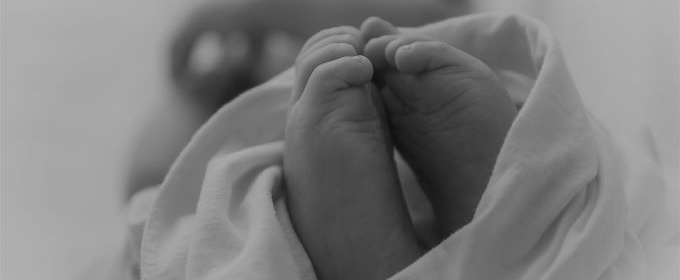 When working with couples I am often struck by how much they love each other!
When working with couples I am often struck by how much they love each other!
This may sound surprising – by definition the couples I see in my practice have come to me because their relationship is in trouble. However I rarely see couples who say they no longer love each other. In my experience the problem isn’t that love is no longer there, rather it is that the individuals no longer feel loved by each other.
By the time couples come to see me one or both of them have been feeling unloved for quite some time. This comes across in many different ways but often the individuals are hurt and angry. This is easy to understand. One of our basic human emotional needs is to feel loved. As human beings when we are deprived of a primary emotional need we feel psychological pain which leads to feelings of anger and sadness.
The emphasis here is on the word feel. It is not enough to know that our partner loves us, we need to feel that love. The difficulty is that what makes one person feel loved is often different to what makes their partner feel loved. If couples are to develop and maintain long lasting intimate relationships they need to know what they need in order to feel loved and also what the desires and needs of their partners are so that they are communicating their feelings in a way their partner can understand on a deep emotional level.
According to Gary Chapman we communicate our love in 5 Love Languages. They are:
- Words of Affirmation
- Quality Time
- Receiving Gifts
- Acts of Service
- Physical Touch (including sex)
However, we do not understand all 5 Love Languages in the same way. For example an individual in couples therapy ‘A’ might express frustration that they are being accused of being unloving even though they are always telling their partner ‘B’ how much they love them – Words of Affirmation. The problem is that ‘B’s love language is Quality Time so although she is hearing the words they are not translating into the feeling of being loved. The chances are that B in turn is using the ‘wrong’ language to express their love for A.
The situation is further complicated by the fact that very often individuals don’t actually know what makes them feel loved. They might assume that they feel loved when their partner does nice things for them (Acts of Service) but what can emerge in therapy is that actually what makes them feel loved is being physically touched.
Once couples have discovered what makes their partner feel loved they can then make the choice to actively love their partner in the language their partner understands emotionally. This is necessarily an oversimplification but once individuals are giving and receiving more of what they need to feel loved by each other some of the feelings of hurt and anger dissipate leaving a healthier emotional climate in which to work on other aspects of their relationship.
Please follow the links to find out more about about our therapists and the types of therapy services we offer. We have practices in Hove and Lewes. Online therapy is also available.

 When do you think these difficulties started?
When do you think these difficulties started?






 On my way into work the other day I happened to be listening to the radio when a program called “Inside Science” was playing. The theme for the program was “Alien Minds”. A man called Peter Godfery–Smith was talking about his book “Other Minds”. He described how we assume the existence of a central nervous system, like our own, a brain commanding the peripheral nervous system. He then went onto describe the Octopus, whose decision making processes, not sure this is the right word, are distributed throughout the body, the tentacles can act separately to the rest of the body. He describes the research that discovered this; the podcast is available for you to listen to on BBC podcasts.
On my way into work the other day I happened to be listening to the radio when a program called “Inside Science” was playing. The theme for the program was “Alien Minds”. A man called Peter Godfery–Smith was talking about his book “Other Minds”. He described how we assume the existence of a central nervous system, like our own, a brain commanding the peripheral nervous system. He then went onto describe the Octopus, whose decision making processes, not sure this is the right word, are distributed throughout the body, the tentacles can act separately to the rest of the body. He describes the research that discovered this; the podcast is available for you to listen to on BBC podcasts.


